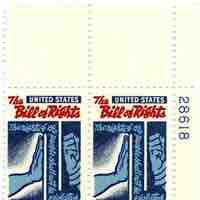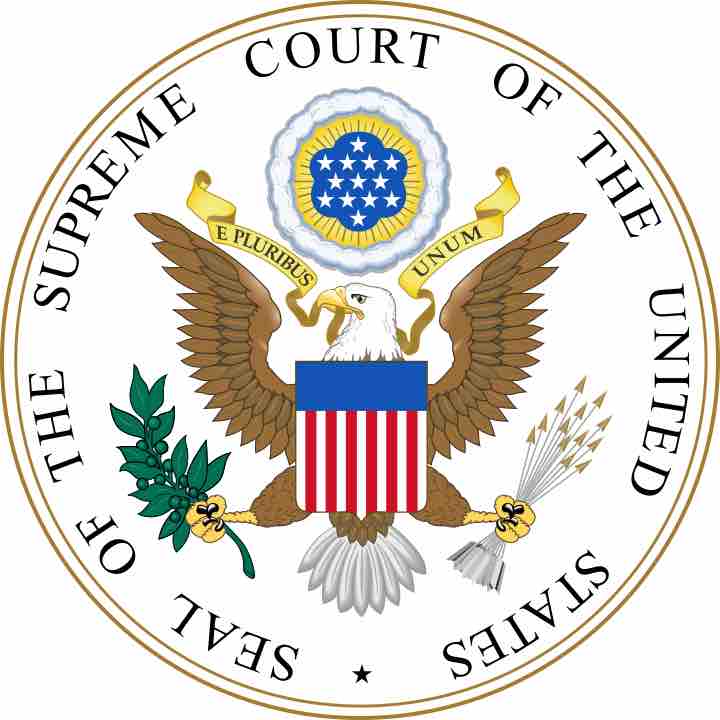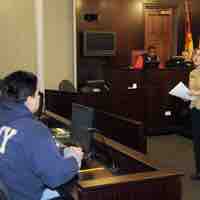Section 5
The Rights of the Accused
By Boundless

The rights of the accused include the right to a fair trial; due process; and the right to privacy.

The Fourth Amendment to the U.S. Constitution is the part of the Bill of Rights guarding against unreasonable searches and seizures.
The Fifth Amendment to the U.S. Constitution, which is part of the Bill of Rights, protects against abuse of government authority in a legal procedure.

The exclusionary rule holds that evidence collected in violation of the defendant's rights is sometimes inadmissible.

The Assistance of Counsel Clause in the Sixth Amendment allows to any person accused the right to counsel for his defense.

The Sixth Amendment U.S. Constitution is the part of the Bill of Rights, which sets forth rights related to criminal prosecutions.

The Eight Amendment determines the provisions for cruel and unusual punishment.
The Miranda warning is a statement read by police to criminal suspects that asserts their right to counsel and right to remain silent.